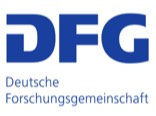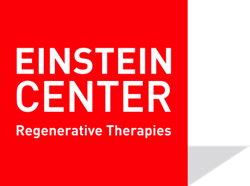DFG Research Grant

Transplantation of steatotic marginal liver grafts is associated with a certain risk of graft dysfunction, primary non-function, and biliary complications, which results in a worse outcome compared to transplantation of unimpaired livers.
We hypothesize, that normothermic machine perfusion combined with adequate pharmacological intervention can prevent the deleterious effect of ischemia-reperfusion injury on macrovesicular grafts by a) minimizing the negative effect of cold storage, and by b) actively decreasing the intracellular fat content of the graft.
Mild mitochondrial uncoupling by DNP decreases the intrahepatic fat content of steatotic liver grafts during normothermic ex vivo machine perfusion. Efficient defatting can be safely achieved ex vivo with DNP concentrations that would be toxic in vivo. Systemic side effects of DNP are prevented by exclusive hepatic exposure through machine perfusion, and by washing DNP out of the liver graft at the end of the perfusion period. The synergetic effects of normothermic perfusion and defatting with DNP will prevent ischemia-reperfusion injury and make severely steatotic liver grafts acceptable for transplantation.



